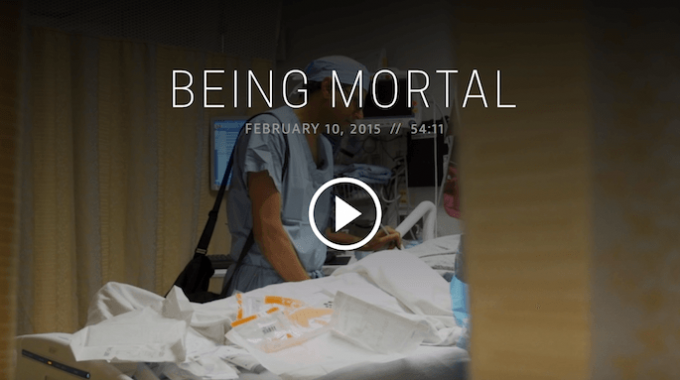
Many Terminally Ill Patients Don’t Know They are Dying
One of the greatest challenges facing end-of-life care decisions is culture. We live in a death-denying culture that favors life-prolonging interventions rather than admit hard truths and focus on quality of life. Physicians are human, too. Even they prefer to explore all their options with the hope of finding a miracle. According to Dr. Jessica Zitter, a palliative care physician and author, this is a mistake. To willfully ignore or delay a terminal diagnosis, no matter how good the intention, only prolongs suffering. More concerning is in many cases a lack of admittance by physicians that their patient is faced with a life-limiting illness means their patients often do not know that they are terminally ill.
The End-of-Life Conveyor Belt
In a recent article penned for Practical Pain Management, Dr. Zitter explains, “In the absence of shared knowledge of this critical information with the patient, there is a tendency for the patient to get shuttled onto what I have come to call the ‘end-of-life conveyor belt.’ When an incurable condition is not acknowledged, patients may be submitted to end-of-life medical care where they are given increasing levels of life-prolonging technology and medications. Ample data support a clear reluctance, even opposition, to this kind of harsh treatment.”
Many Terminally Ill Patients Aren’t Told They Are Dying
In her recent book titled Extreme Measures: Finding a Better Path to the End of Life, Dr. Zitter wrote about one particular case that highlights the pervasiveness of this trend. She tells the story of a woman named Marcia Green. When Dr. Zitter met with her, Green had been diagnosed with end-stage lung cancer. Yet, she did not know or realize that her diagnosis was terminal.
Dr. Zitter sites several reasons for why this happened. In general terms, physician lack training in end-of-life decisions. They also face time constraints that prevent them from spending adequate time with patients to discuss their options. Finally, Dr. Zitter admits that there is an underlying cultural trend in the medical community that encourages life-prolonging treatment. But this all poses a tremendous problem for patients.
“While this may seem obvious, patients cannot carefully and comfortably plan for a good death if they don’t know that they’re dying,” says Dr. Zitter.
The Underlying Culture Must Be Addressed.
Not only is the tendency to favor life-prolonging treatment with terminally ill patients harsh, it is also expensive. It places an unnecessary burden on patients and their families. In order to change this tendency, Dr. Zitter says the underlying culture in the medical community needs to change. this change starts with training programs and medical schools. The earlier training in end-of-life issues is implemented, the better outcomes will be for patients.
Dr. Zitter is not alone in her observations. The Massachusetts Coalition for Serious Illness Care has successfully lobbied to improve physician training on how to ask more personal questions to make better decisions in end-of-life care. Their program is a shining example of how education and awareness of issues in end-of-life care are effecting positive change across the country.
It All Boils Down to Effective Communication
“In effect, before we pain practitioners plan our next intervention, we should consider several obligations we have to our patients, particularly to those who are approaching the ends of their lives,” explains Dr. Zitter. “First, we must confirm that the patients understand their condition and prognosis as well as the anticipated benefits and burdens of the treatments being offered. This is important because many patients elect lower levels of intervention after having these discussions with their doctors.”



